Aung San Suu Kyi’s highwire acts ended by army coup
After five years of barely tolerating nominal civilian rule in Myanmar the military abruptly up-ended the country’s democratic experiment.
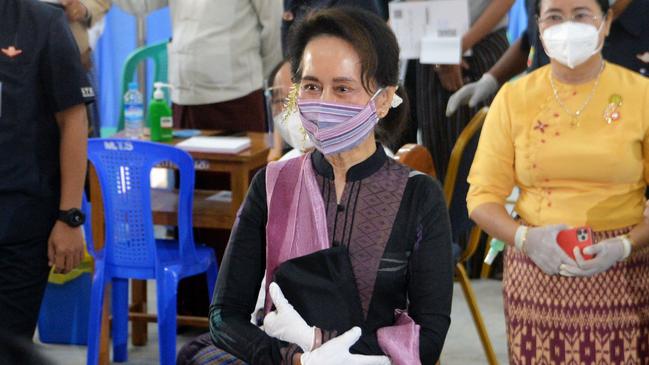
After five years of barely tolerating nominal civilian rule in Myanmar — under a system in which it never actually ceded power — the military abruptly up-ended the country’s democratic experiment on Monday, exposing the fragility of Aung San Suu Kyi’s hold on government.
By midday it had detained the civilian leadership and many political activists, blocked phone, internet and TV stations in the capital, Naypyidaw, and in Yangon, and declared a one-year state of emergency in which military commander-in-chief Min Aung Hlaing will alone control the levers of government, judiciary and the executive.
Little more than a decade since Myanmar’s democracy icon walked free from 15 years of house arrest, the now-deposed 75-year-old is once again in detention, her country’s dream of a democratic future in tatters.
Her National League for Democracy party is now calling on its supporters to resist the coup.
Many analysts point to the last military coup back in 1962 in which commanders made similar promises of temporary stewardship, only to maintain a vice-like grip on power for 49 years through violence and oppression.
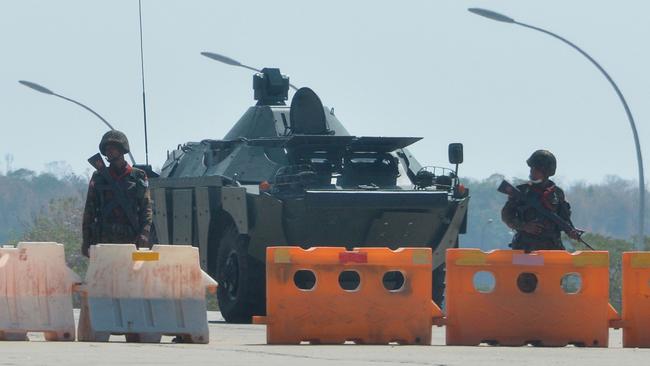
Since leading the NLD to a historic 2015 election victory that was celebrated around the world, Ms Suu Kyi has pursued a slow and cautious reform path, arguing that to do otherwise would lead to a certain military overthrow of the country’s nascent democracy.
She warned repeatedly that to speak openly against the military would imperil the gains that have been made at such great personal cost to herself — she left her two young sons and husband in the UK to lead Myanmar’s pro-democracy movement in 1988 and never returned — and that of thousands of fellow democracy activists who died for that struggle.
But her failure to speak out for Myanmar’s persecuted Rohingya Muslim minority, who fled in their hundreds of thousands into Bangladesh in 2017 to escape a brutal military crackdown, and her subsequent strident defence of the military — now accused of acts of genocide — was a breaking point for her relationship with many in the West.
Now, with Ms Suu Kyi and many of her senior government colleagues under house arrest, even her most strident critics have found themselves advocating on her behalf.
Australia, the US and UN were the first to condemn the Myanmar military coup on Monday, demanding Ms Suu Kyi and her colleagues be released and her duly elected government restored. Indonesia and Singapore followed soon after, calling for the “observance of the rule of law, the principles of democracy and constitutional government”.
Yangon-based Australian lawyer Chris Hughes, whose firm helped draft a number of reform laws for the Myanmar government in recent years, says the strident criticism directed at Ms Suu Kyi and her government was “unhelpful and misconceived”, and that it should have been directed at the military.
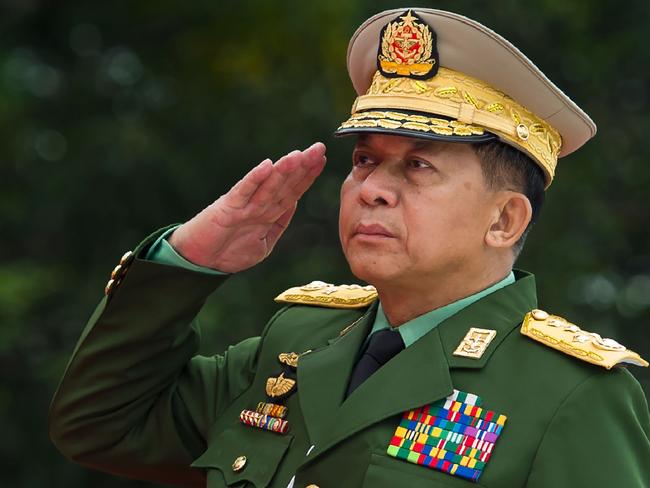
“This was an incredibly fragile democracy and they (government) needed all the help they could get to transform that to something a bit more permanent,” he told The Australian. “Notwithstanding the great gains made in economic terms, the general freedoms and the democratic rights they worked so hard for … that’s all been seemingly undone.”
Why the military chose this moment to up-end the constitution it drafted to its own considerable advantage in 2008 — before a carefully orchestrated handover to nominal civilian rule — will be debated intensively in coming days. It was certainly unnerved by the overwhelming electoral victory secured in November by Ms Suu Kyi’s incumbent NLD government, which won a so-called super majority in parliament that could potentially have enabled it to change the constitution to downgrade the military’s role.
Amending that charter — which grants the military 25 per cent of all parliamentary seats, and control of the defence, home affairs and border control ministries — has been a key priority of the civilian government, which understood that the military would remain puppet master until it did so.
Even before November’s polls, the military was crying foul over moves by the Election Commission to cancel the votes of 1.5 million people in restive areas dominated by minorities who supported smaller ethnic parties.
It was not the only one to criticise the Election Commission. Rights groups also expressed concern over its censoring of opposition campaign speeches on state-owned media.
Ms Suu Kyi has proven an imperfect practitioner of Myanmar’s democratic project, much to the disappointment of many former Western admirers who have accused her of repudiating the core liberal democratic values she once espoused. But even as enthusiasm waned among former Western investors and governments, she has remained hugely popular among her countrymen and women for whom democracy — no matter how flawed — remains the ultimate goal.
It is they who now face immeasurable suffering as the military imposes its will, and Western nations inevitably reinstall sanctions — a move that will almost certainly propel Myanmar closer to China, for which dictatorships pose no obstacle to a harmonious relationship.


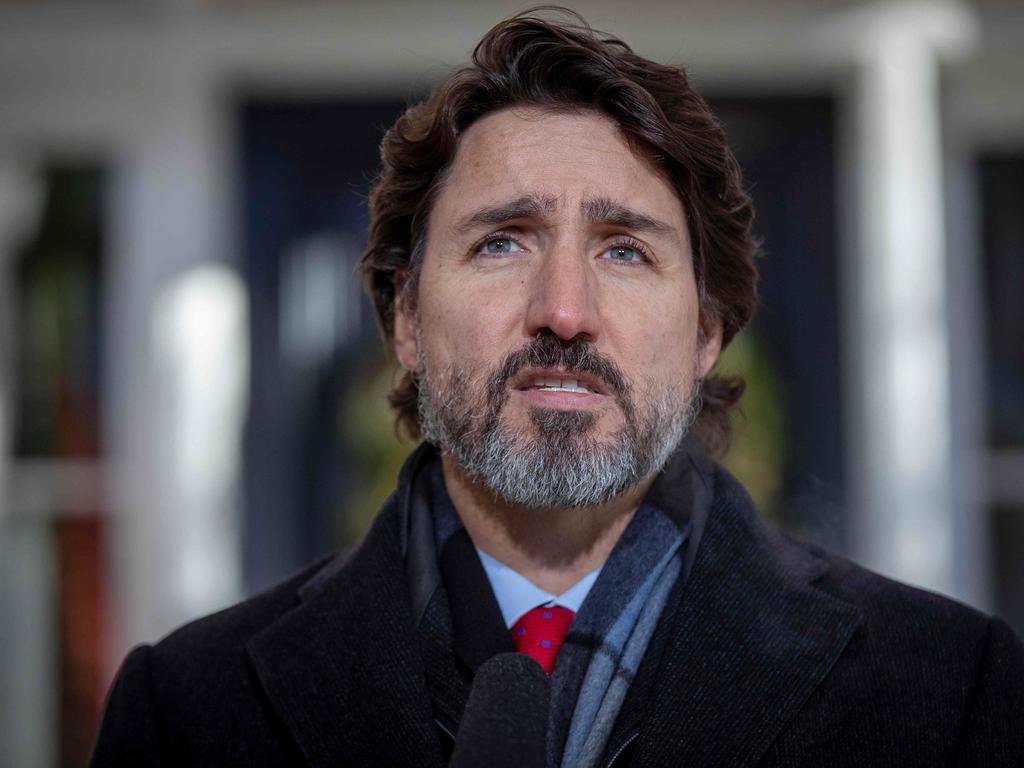

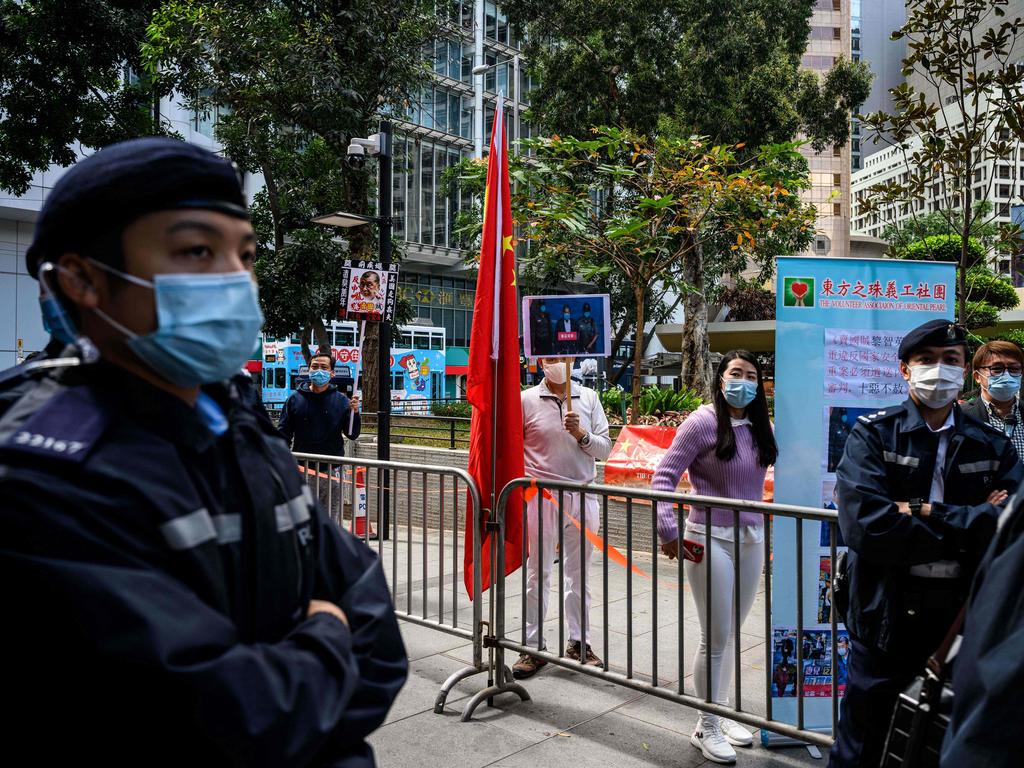



To join the conversation, please log in. Don't have an account? Register
Join the conversation, you are commenting as Logout